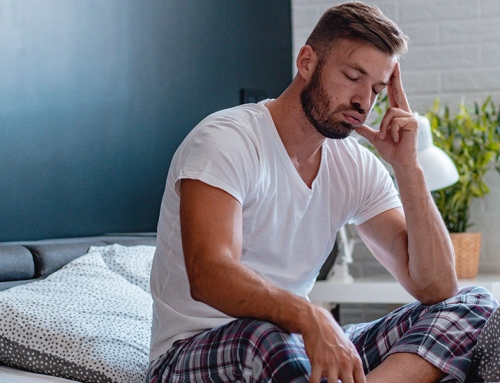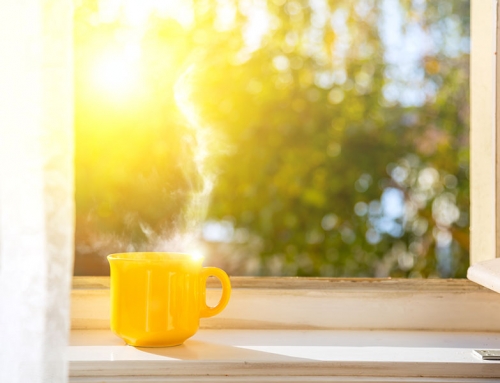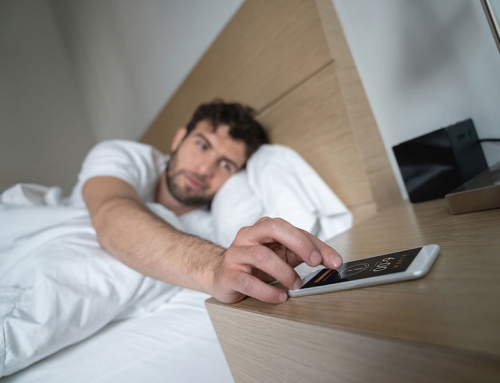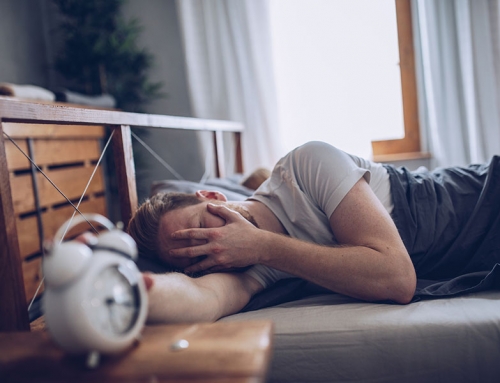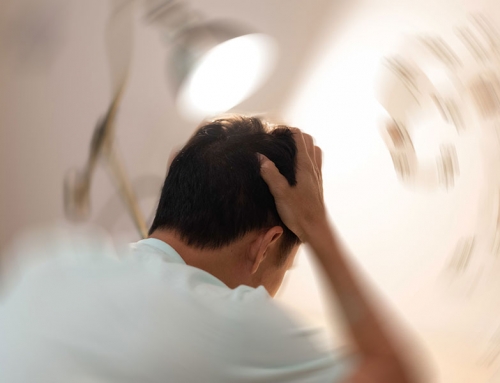It doesn’t take many cups of coffee to develop a coffee habit, which can leave you feeling like you can’t operate without caffeine—especially in the mornings. However, daily coffee isn’t for everyone. If your body is letting you know that you need to lower, or maybe cutout, your caffeine intake, this post is for you.
Why is coffee so addictive?
It wakes you up, tastes amazing, and contributes to an awesome coffee shop culture—but it’s also highly addictive! Despite being officially classed as a drug by the FDA, around two-thirds of the US population drinks coffee daily (according to a 2015 poll), making today’s global coffee industry worth over $100 billion.
The addictiveness of coffee stems from the way that caffeine blocks our normal ability to feel tired, or lose alertness. According to Smithsonian magazine, caffeine is a molecular match for a compound called adenosine, which is normally responsible for signaling it’s time to take a rest. Caffeine stops adenosine from playing this role, making itself an enticing prospect for anybody who needs to stay awake for longer.
Over time, heavy caffeine users have been found to have a higher presence of adenosine receptors in their brains, as the body attempts to calibrate to their caffeine intake—beginning an addictive circle, and side effects when caffeine is cut out.
How to reduce your caffeine addiction without nasty side effects
Those who’ve tried going cold turkey from coffee before will be familiar with the symptoms of caffeine withdrawal. Healthline lists the following annoying, albeit mild, conditions as the most common negative experiences of stopping all of your caffeine intake in one go:
- Headaches
- Fatigue
- Lack of concentration
- Low mood (or even depression)
- Anxiety
- Easily irritated
- Lack of energy
- Shakes/tremors
So how can you wake up without coffee, without experiencing caffeine withdrawal? The key is to slowly lower your intake over a long-enough period that your brain no longer expects a caffeine bump to help it feel alert in the morning.
Low or zero caffeine alternatives to a morning coffee
Looking for a coffee replacer? Here are three coffee-like drinks containing none or low levels of caffeine.
Tea (any kind)
Even black tea has around half the caffeine content of the average cup of coffee, making it a great way to help taper off caffeine dependency, or just simply as a permanent replacement for your morning coffee. Here’s the average caffeine content of the major types of tea, according to Mayo Clinic:
| Types of Tea | Caffeine (mg) |
|---|---|
| Brewed black | 47 |
| Brewed black, decaf | 2 |
| Brewed green | 28 |
| Ready-to-drink, bottled | 19 |
Decaf coffee
If you’re managing your mornings with zero caffeine, you’ll want to avoid decaf coffee, as most blends do contain a small amount of the drug. For the rest of us, however, decaf is the closest you can come to the real thing. Many of today’s craft and small-batch roasters are producing decaf blends, meaning that you don’t need to sacrifice on taste when leaving the caffeine behind.
Electrolyte drinks
There’s been a recent rise in sports and energy drinks designed to fuel the body with hydrating mixes of salts and minerals. These can make a great replacer for morning coffee, as long as you don’t mind a cold drink first thing in the morning. But be careful, many sports drinks contain large amounts of caffeine, so make sure to read the ingredients list! Also avoid those with large amounts of added sugar, unless you’re looking to recreate a caffeine-style crash.
Summary
- Caffeine is recognized as a powerful and addictive drug. So, while it’s not harmful, cutting out coffee shouldn’t be taken lightly.
- Stopping your coffee habit without a plan can result in some nasty side effects, such as headaches and nausea.
- When aiming to wake up without coffee, taper off your caffeine intake by replacing your morning cup with tea, decaf, or stimulating drinks. Over time, you might find that a hydrating glass of water is all that you need.

